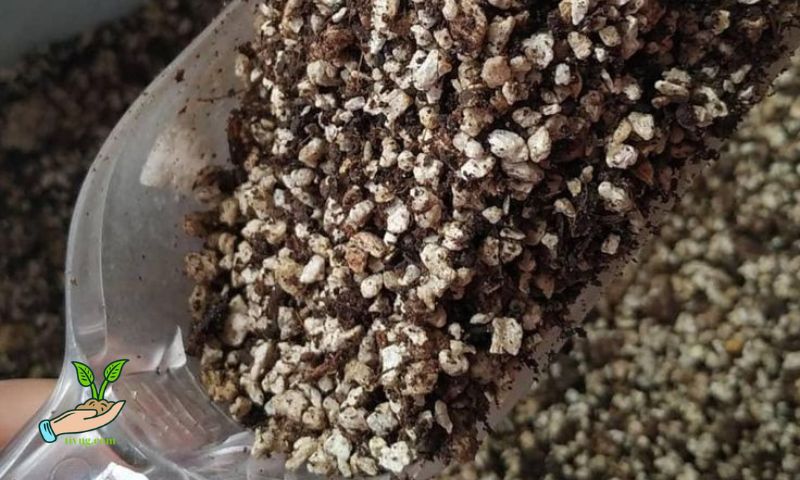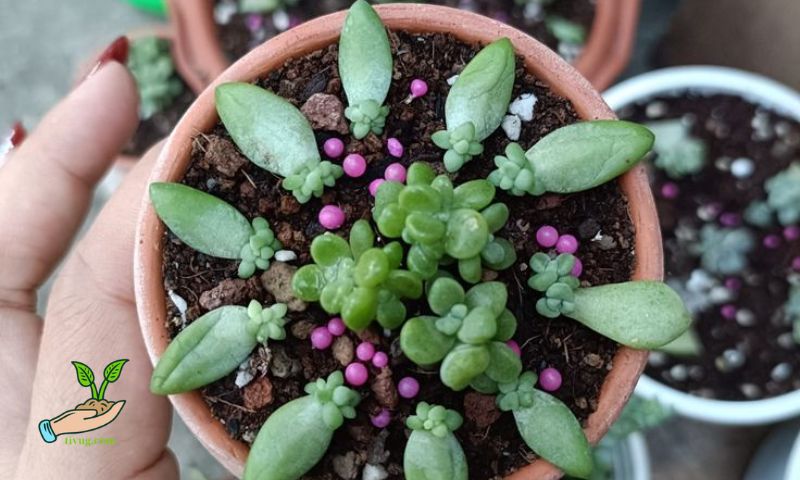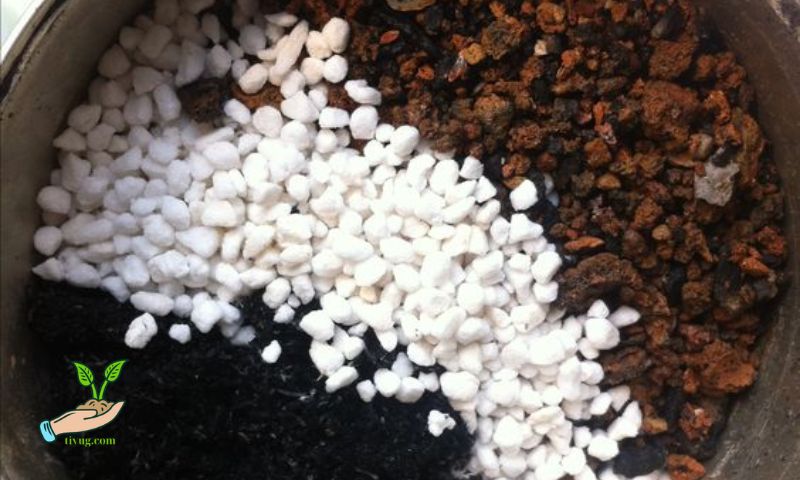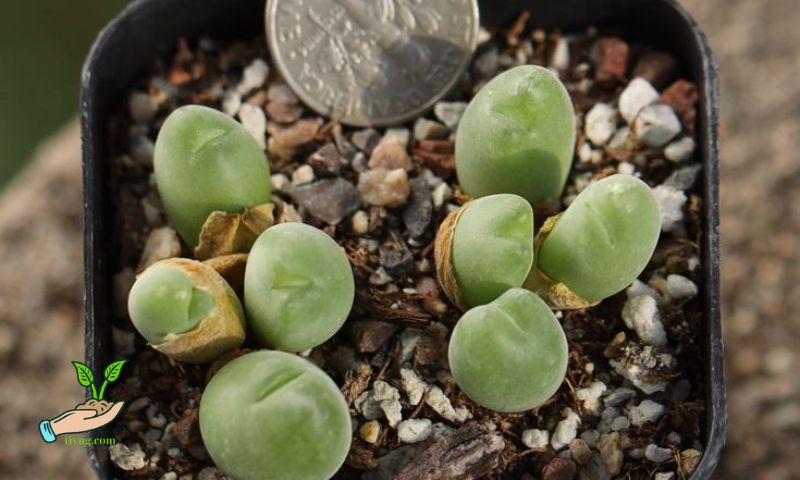Lotus plants are renowned for their serene beauty and cultural significance across various regions. Cultivating these exquisite flowers requires attention to detail, starting with the right planting soil. Among the various options available, Lotus Stone Planting Soil stands out for its unique properties that promote optimal growth and health for lotus plants. In this comprehensive guide, we delve into the benefits, composition, best practices, maintenance tips, environmental considerations, and more, ensuring your lotus garden flourishes with vitality.
Benefits of Lotus Stone Planting Soil

Lotus Stone Planting Soil offers several advantages that make it a preferred choice among gardening enthusiasts:
-
Excellent Drainage Properties
One of the critical factors in lotus cultivation is proper drainage. Lotus Stone Planting Soil is specially formulated to provide excellent drainage, preventing waterlogging that can be detrimental to lotus roots. This feature ensures that roots have access to oxygen and nutrients, essential for healthy growth and blooming.
-
Nutrient-Rich Composition
The composition of Lotus Stone Planting Soil includes organic matter and essential minerals. These nutrients support robust root development and overall plant vigor, enhancing the lotus’s ability to withstand environmental stressors and bloom abundantly.
-
pH Balance Ideal for Lotus Growth
Lotus plants, renowned for their exquisite beauty and cultural symbolism, require specific growing conditions to thrive in garden settings. One critical factor for their successful cultivation is the soil pH, which plays a pivotal role in nutrient uptake and overall plant health.
Ideal Soil Conditions for Lotus Plants
Lotus plants prefer slightly acidic to neutral soils, typically with pH levels ranging between 6.0 and 7.5. This range ensures that essential nutrients, such as nitrogen, phosphorus, and potassium, are readily available for root absorption. Optimal soil pH not only supports robust growth but also enhances the plant’s ability to resist diseases and environmental stresses.
The Role of Lotus Stone Planting Soil
Lotus Stone Planting Soil is specifically formulated to maintain a balanced pH level suitable for lotus plants. This specialized soil blend carefully regulates acidity, creating an ideal environment for root development and nutrient uptake. By providing a stable pH balance, Lotus Stone Planting Soil optimizes the conditions necessary for healthy lotus growth and longevity in your garden.
Benefits of Balanced pH
The balanced pH maintained by Lotus Stone Planting Soil contributes significantly to the overall health and vigor of lotus plants. When soil pH is within the preferred range, lotus roots can efficiently absorb essential nutrients from the soil solution. Nitrogen, crucial for leaf and stem growth, phosphorus for flowering and fruiting, and potassium for overall plant vigor, are all readily accessible to the plant, supporting its various growth stages.
Moreover, a stable pH environment helps prevent nutrient deficiencies or toxicities that can hinder lotus growth and development. Consistent pH levels also promote beneficial soil microbial activity, which further enhances nutrient cycling and soil structure, creating a thriving ecosystem for lotus plants.
Ensuring Longevity and Sustainability
Maintaining a balanced pH with Lotus Stone Planting Soil not only supports the immediate health of lotus plants but also contributes to their long-term sustainability in your garden. Healthy lotus plants are more resilient to environmental fluctuations, ensuring they can withstand seasonal changes and continue to bloom year after year.
Ingredients and Composition

Understanding the components of Lotus Stone Planting Soil is crucial for maximizing its benefits:
- Stone Grit: Provides structural support and aids in drainage.
- Organic Compost: Enriches soil fertility and promotes microbial activity.
- Peat Moss: Improves water retention and helps maintain soil structure.
- Perlite or Vermiculite: Enhances aeration and root development.
- Sand: Adds stability and improves drainage.
Each component plays a vital role in creating a well-balanced soil mix that caters specifically to the needs of lotus plants.
Best Practices for Using Lotus Stone Planting Soil
Achieving success with Lotus Stone Planting Soil involves following these recommended practices:
- Preparation and Mixing Guidelines: Start by thoroughly mixing the components in the correct ratios to ensure uniform distribution of nutrients and proper drainage.
- Recommended Planting Techniques: Plant lotus tubers or seeds in prepared soil, ensuring they are placed at the appropriate depth. Cover with a layer of Lotus Stone Planting Soil and water gently to settle.
Proper preparation and planting techniques are essential for establishing healthy lotus plants from the outset.
Maintenance Tips

Maintaining the health and vitality of lotus plants requires regular care and attention:
- Watering and Moisture Management: Lotus plants require consistent moisture levels. Water deeply and avoid frequent shallow watering to encourage deep root growth.
- Fertilization Schedule: Apply a balanced fertilizer formulated for aquatic plants during the growing season to supplement soil nutrients.
- Monitoring pH Levels: Regularly test soil pH and adjust if necessary to ensure it remains within the optimal range for lotus growth.
Adhering to these maintenance tips will support the ongoing growth and flowering of your lotus plants.
Environmental Considerations
Incorporating sustainable practices in lotus cultivation benefits both the garden ecosystem and the environment:
- Sustainable Practices in Lotus Cultivation: Use organic fertilizers and minimize chemical inputs to reduce environmental impact.
- Eco-Friendly Disposal Options for Used Soil: Consider composting or recycling soil components to minimize waste and promote sustainability in gardening practices.
By adopting eco-friendly practices, you contribute to preserving natural resources while enjoying the beauty of lotus flowers in your garden.
Conclusion
Lotus Stone Planting Soil is a cornerstone of successful lotus cultivation, offering unmatched benefits that enhance plant growth and health. From its excellent drainage properties to nutrient-rich composition and pH-balanced formula, this soil ensures optimal conditions for lotus plants to thrive.

